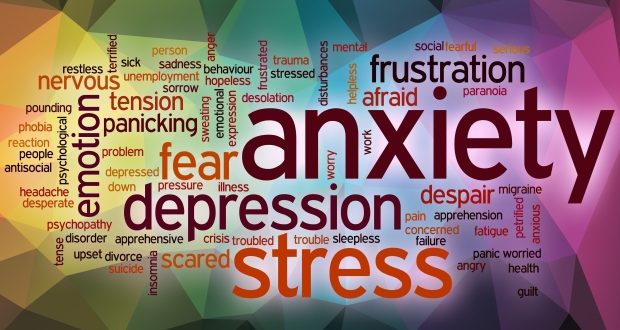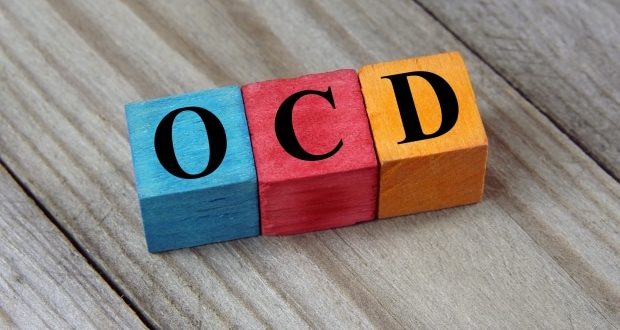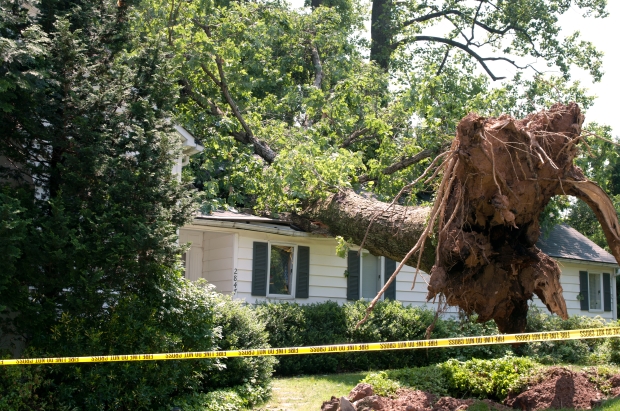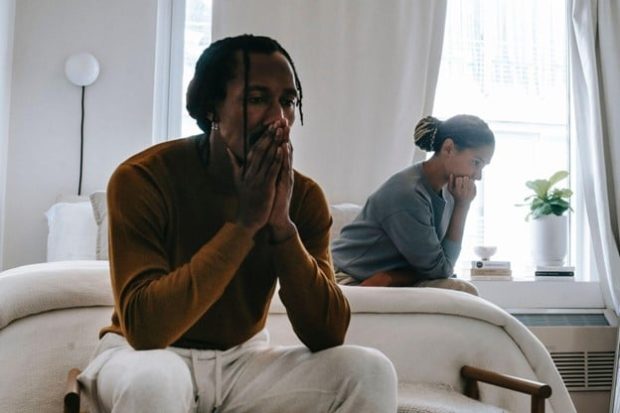Anxiety and depression are medical conditions rampaging our society today. Pump, pump, pump- the irregular rising and falling of your chest when the time comes to enter the elevator; panic rushing through your veins and fear spreading across your body.
Perhaps you just lost something dear to you. How do people expect you to move on, to be the former you? However, knowledge is power. In this article, you will learn how to deal with depression and anxiety without medications effectively. But, first…
What are Anxiety and Depression and What Are Their Symptoms?
Let’s begin with depression. Depression is classified as a mood disorder. It is described as a persistent feeling of sadness that interferes with a person’s everyday life.
Nevertheless, you should not confuse sadness with depression. It is normal to feel sad at times. However, when these feelings get extended and become more noticeable over some time, we might be dealing with depression here.
Symptoms of Depression Include
- Moods such as anger, aggressiveness, and restlessness
- A feeling of hopelessness and emptiness
- Reduced sexual desires
- Insomnia
Anxiety, on the other hand, is as severe as depression. It is normal to feel anxious when venturing into new events and heights unattained. But, when this feeling of fear is persistent, it might be an anxiety disorder.
Its symptoms range from butterflies in your stomach to racing heart- all dependent on the person experiencing it.
How Do We Combat Them?
Get Good Sleeping Habits
More sleep doesn’t just involve getting lots of energy; during sleep, you recharge your system and improve your emotional well-being. Lack of sleep throws your body off balance and could lead to mood swings.
Learn to remove anything that can serve as a barrier between you and a good night’s sleep, anything including your mattress.
The constant turns on your bed affect your sleep life. Getting a new one would be a great choice. Casper and Leesa both offer great low priced foam beds that would help increase your sleep time.
Exercise, Exercise, Exercise
When you hear about exercise, what comes to your mind? Some sort of self-imposed stress that leaves you with soreness and tense muscles? Actually, it is not. In reality, exercise is a great way of alleviating depression and anxiety. How?
Whenever you engage in physical activity, you tell your body to secrete endorphins and serotonin. And it does. These hormones help you feel better on the inside; they help improve your mood. Exercising for 30 minutes three to five days a week won’t be bad.
Live in the Moment
This is another way of saying ‘Hey! Calm down’. The reason you are anxious is because of the amount of overthinking you get yourself involved in. What if the elevator’s cable breaks? Or what if they do not appreciate my efforts? Blah, blah, blah…
Other than this article, what are you thinking about right now? Your financial goals, the meeting you are having next week? If yes, that may be the problem. You have a problem with living in the moment.
Instead of worrying about today, you end your mind two weeks ahead and begin worrying about tomorrow’s problems. So, just take a chill pill. One day at a time.
Meditation
Meditation trains your mind to maintain a sustained focus and to return to this focus in stressful situations. The aim of meditation is to push stress aside and block out negative thinking. This is done by noticing and acknowledging these feelings without acting on them.
How to meditate? Take a comfortable pose in a quiet place. Begin with deep, sustained breaths, letting out more air than you breathed in. Do this and watch your body go into a state of relaxed consciousness.
However, this is just the basics; there are thousands of online lessons that go deeper into the subject of meditation.
Here’s a related article on helping your teen manage anxiety and stress.






